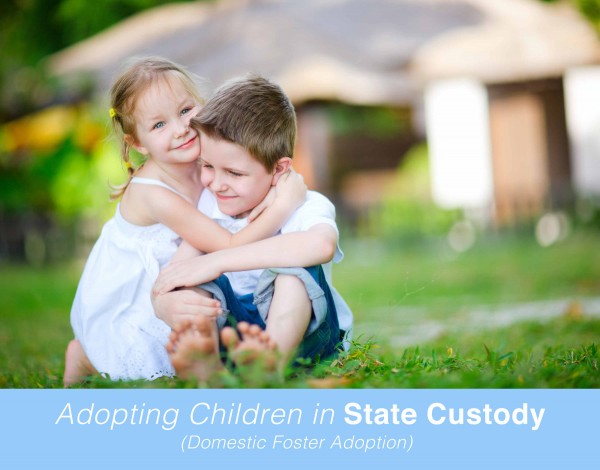So, you’ve decided you want to adopt. Congratulations! You’re at the beginning of a journey that can change your life forever. So what now? Well, there are a lot of different avenues that you can take but there’s one common thing that needs to be done for the grand majority of adoptions: a home study. Many hopeful adoptive parents dread this home study. The home study process takes time, effort, and lots of patience. A home study requires interviews, documents, and a home visit. In this article we will discuss a few things about home studies that will help you prepare to have a successful experience.
To find a qualified home study social worker in your area, click here.
To speak with an adoption professional about adopting a baby in the U.S., click here.









